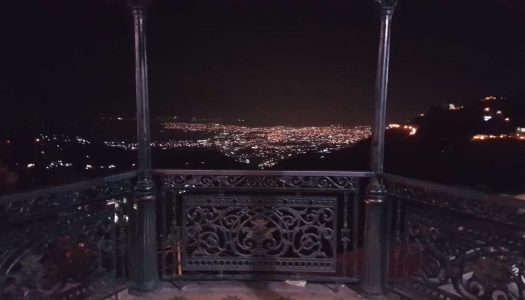PUBS IN DEHRADUN: 12 BEST SCINTILLATING SPOTS FOR A SPIRITFUL NIGHT
Dehradun is a great place for daytime activities, but that doesn’t mean that once the sun sets you should head back to your hotel and call it a night. Quite ...
6 Places To Visit Near Dehradun For People Who Love To Wander The Mountains
It’s said that every destination’s name has a tale of its own. Most of the names of Indian places have been derived from age-old languages that speak of legends and ...
Your Best Options For Nightlife in Dehradun
Dehradun is an adventurer’s dream destination filled with scores of fun activities from parasailing to kayaking, trekking to motorcycling, amazing culture, heritage, monuments and of course, awesome food; and if ...
15 Best Places To Visit In Dehradun At Night
Dehradun offers amazing views and sights to see during the day but it is equally charming (and a whole lot of fun!) by night, too. Dehradun has a lot to ...
15 Stunning Places to Visit in Dehradun
Dehradun, the capital of Uttarakhand, close to the Himalayan foothills and nestled in the Doon Valley, is one of the most ancient and beautiful cities of India. Flanked by the ...
Street Food In Dehradun & 12 Best Places to Get Them
The capital of Uttarakhand, Dehradun is known for its culture and history. Immortalized by author Ruskin Bond in many of his stories, this tourist hot spot has become even more ...
The 14 Coolest Things to Do in Dehradun
With fresh air, great weather and beautiful surroundings, it’s easy to see why Dehradun is on your list of places to visit. And there’s a lot to do in this ...
10 Great Shopping Places in Dehradun
Dehradun is not just a place to visit for its beautiful structures and scenic views; it also has a lot to offer shoppers. Dehradun offers a mix of local must-haves ...













